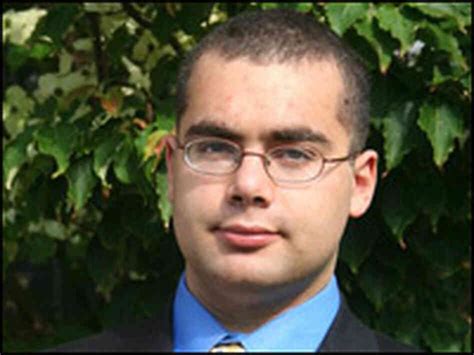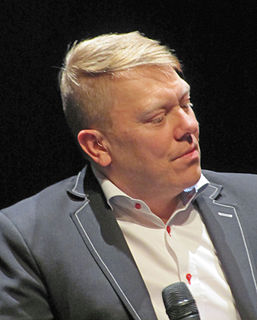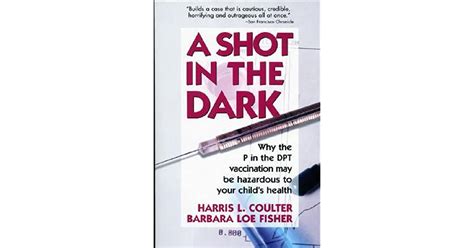A Quote by Temple Grandin
I don't define myself as autistic first. I don't want to be a professional autistic. I think it's important to have a real job.
Related Quotes
In America we've spent over a billion dollars on autism research. What have we got for that? We've not seen anything that's appreciably impacted the quality of life of autistic people, regardless of their place on the spectrum. Quite frankly, we've spent $1bn figuring out how to make mice autistic and we'll spend another $1bn figuring out how to make them not autistic. And that's not what the average person wakes up in the morning aspiring to. They think: am I going to be able to find a job, to communicate, to live independently, either on my own or with support? Those are the real priorities.
Animals are like autistic savants. In fact, I'd go so far as to say that animals might actually be autistic savants. Animals have special talents normal people don't, the same way autistic people have special talents normal people don't; and at least some animals have special forms of genius normal people don't, the same way some autistic savants have special forms of genius. I think most of the time animal genius probably happens for the same reason autistic genius does: a difference in the brain autistic people share with animals.
Research demonstrates that autistic traits are distributed into the non-autistic population; some people have more of them, some have fewer. History suggests that many individuals whom we would today diagnose as autistic - some severely so - contributed profoundly to our art, our math, our science, and our literature.
My brother is severely autistic, so when I was a kid I spent a lot of time as a teenager in camps and programs for autistic kids. When I went to McGill as an undergraduate, I figured I'd be a therapist working with these kids. The truth is, and I knew this even back then, I'm just not good at this. I'm too empathic to do this sort of thing.
There are three basic ways [to use a dog to work with autistic children], one is just to be companion person and I'm thinking now more of autistic kids not somebody in a wheelchair or the dog belongs to a therapist and then it's used as an ice breaker to get the kid talking and get the kid interacting.
Normal people have an incredible lack of empathy. They have good emotional empathy, but they don't have much empathy for the autistic kid who is screaming at the baseball game because he can't stand the sensory overload. Or the autistic kid having a meltdown in the school cafeteria because there's too much stimulation.
By looking at autistic kids, you can't tell when you're working with them who you're going to pull out, who is going to become verbal and who's not. And there seem to be certain kids who, as they learn more and more, they get less autistic acting, and they learn social skills enough so that they can turn out socially normal.




























